Expected to abolish 92 administrative procedures
The Department of Medical Examination and Treatment Management said that from January 1, 2024, the amended Law on Medical Examination and Treatment and its guiding documents have taken effect, resolving many difficulties and problems for practitioners, medical examination and treatment facilities, mobilization mechanisms in epidemic prevention and control, socialization issues, service prices and conditions to ensure the operation of medical examination and treatment facilities.
With a patient-centered perspective, the Law and guiding documents have promoted and improved the quality of medical examination and treatment.
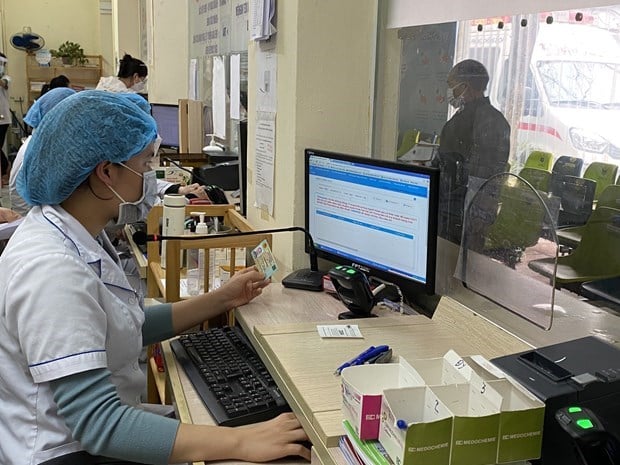
Many administrative procedures in the health sector were abolished after the Law on Medical Examination and Treatment came into effect (illustrative photo - source internet).
Previously, the Ministry of Health advised the Government to issue Decree No. 96/2023/ND-CP detailing a number of articles of the amended Law on Medical Examination and Treatment, including a number of new contents.
The Ministry of Health plans to abolish 92 administrative procedures, issue 34 new administrative procedures, and replace 3 administrative procedures to implement Decree No. 96/2023/ND-CP.
Simplify administrative procedures for granting operating licenses for medical examination and treatment facilities
Accordingly, regarding the licensing of operations and management of medical examination and treatment facilities, a number of forms of medical examination and treatment facilities have been supplemented and adjusted, including a number of new types of medical examination and treatment facilities such as: medical doctor clinics, physician clinics, interdisciplinary clinics, family medicine examination and treatment facilities, optical facilities that perform refractive error measurements and tests, blood filtration facilities, etc.
Conditions, documents, procedures for issuing new, re-issuing, and adjusting operating licenses have been adjusted, removing some difficulties and at the same time solving needs and meeting practical requirements, creating conditions for the development of medical examination and treatment facilities, reducing business conditions, and simplifying administrative procedures.
Remote medical examination and treatment, humanitarian medical examination and treatment, and mobile medical examination and treatment have been specifically regulated. In particular, specific regulations on conditions and list of diseases eligible for remote medical examination and treatment are a new point in the Law on Medical Examination and Treatment that has been specified.
The technical expertise classification for medical examination and treatment facilities has been regulated with specific and detailed assessment criteria according to the Law on Medical Examination and Treatment. The highlight of the provisions in the Law on Medical Examination and Treatment and Decree No. 96/2023/ND-CP is the classification of technical expertise of medical examination and treatment facilities based on professional capacity, technical support capacity, practical training capacity and scientific research capacity. The classification of technical expertise does not depend on the administrative level but is entirely based on the professional capacity of the medical examination and treatment facility.
Regulations related to the assessment of the quality of medical examination and treatment facilities and the organization certifying the quality of medical examination and treatment facilities are the legal basis for assessing the quality of medical examination and treatment facilities according to basic quality standards, advanced quality standards, quality standards for each specialty or each technical service, creating conditions for the application and recognition of international or foreign quality standards, the establishment of independent quality certification organizations, contributing to promoting the improvement of the quality of medical examination and treatment.
Shorten the process, documents and procedures related to applying new techniques and new methods.
Detailed regulations on processes, records, and procedures related to the application of new techniques and new methods: Implementing the Law on Medical Examination and Treatment, the Decree also provides detailed regulations on processes, records, and procedures related to the application of new techniques and new methods in medical examination and treatment, in which, according to the provisions of the Law, there are only 2 types of new techniques and new methods, which are techniques and methods applied for the first time in Vietnam or applied for the first time in the world.
Compared to the provisions of the 2009 Law on Medical Examination and Treatment, the new regulations have limited the scope to only 2 groups of new techniques and new methods compared to the previous 3 groups (including new techniques and new methods for medical examination and treatment facilities). Thus, according to the provisions of the Law and Decree, medical examination and treatment facilities applying techniques for the first time at that facility, if they do not belong to the group of techniques applied for the first time in the world or in Vietnam, will only apply the procedure of adding a list of techniques or applying the regulations on technical transfer, the procedures have been simplified compared to the previous regulations.
Regulations related to clinical trials of new techniques, new methods, and clinical trials of medical devices have also been specifically stipulated, creating a legal corridor for the introduction of new techniques, new methods, and new medical devices into Vietnam or researched and developed in Vietnam with strict processes, records, and procedures, applied in accordance with international practices.
One of the contents that has been added to the Law and Decree guiding the implementation of the revised Law on Medical Examination and Treatment is the issue of mobilizing and dispatching medical examination and treatment facilities to participate in medical examination and treatment activities in cases of natural disasters, catastrophes, infectious diseases of group A and emergencies. These are also regulations to remove obstacles and difficulties that have occurred in the practice of fighting the COVID-19 pandemic in recent years, concretizing Resolution No. 30 of the National Assembly and Resolution No. 12 of the National Assembly Standing Committee.
Source



![[Photo] President Luong Cuong receives delegation of the Youth Committee of the Liberal Democratic Party of Japan](https://vstatic.vietnam.vn/vietnam/resource/IMAGE/2025/8/22/2632d7f5cf4f4a8e90ce5f5e1989194a)
![[Photo] President Luong Cuong attends special political-artistic television show "Golden Opportunity"](https://vstatic.vietnam.vn/vietnam/resource/IMAGE/2025/8/22/44ca13c28fa7476796f9aa3618ff74c4)

![[Photo] Prime Minister Pham Minh Chinh chairs the conference to review the 2024-2025 school year and deploy tasks for the 2025-2026 school year.](https://vstatic.vietnam.vn/vietnam/resource/IMAGE/2025/8/22/2ca5ed79ce6a46a1ac7706a42cefafae)


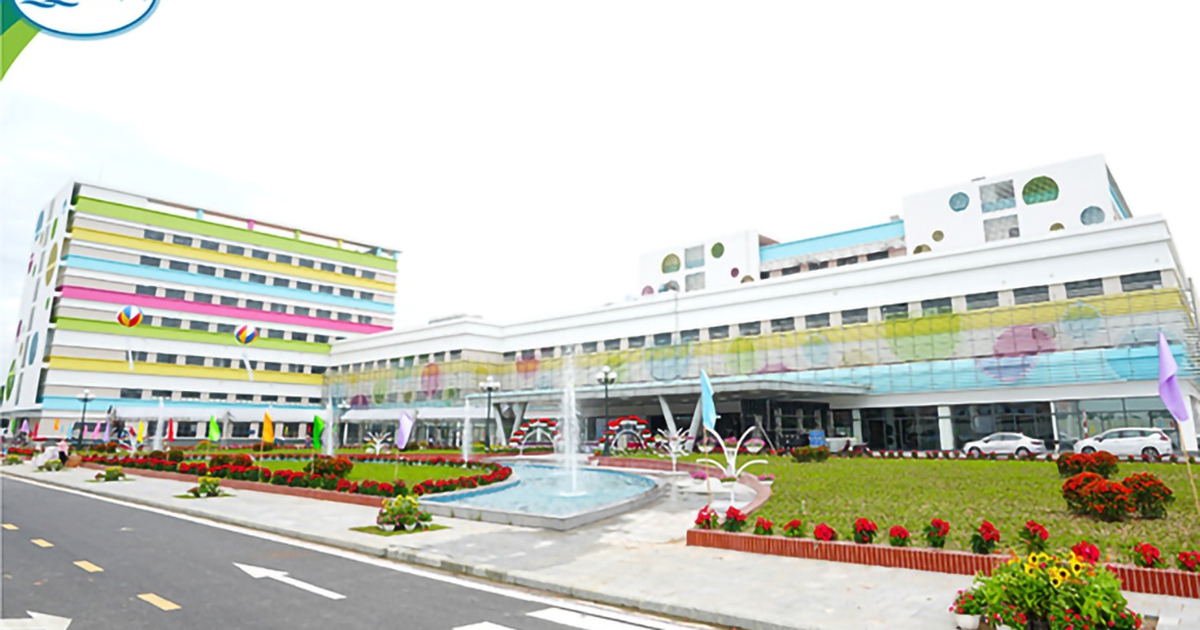

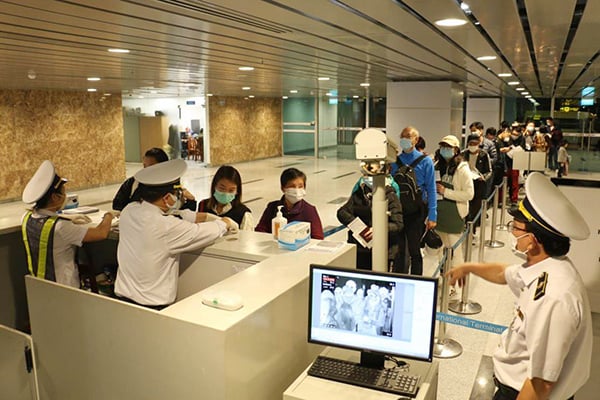

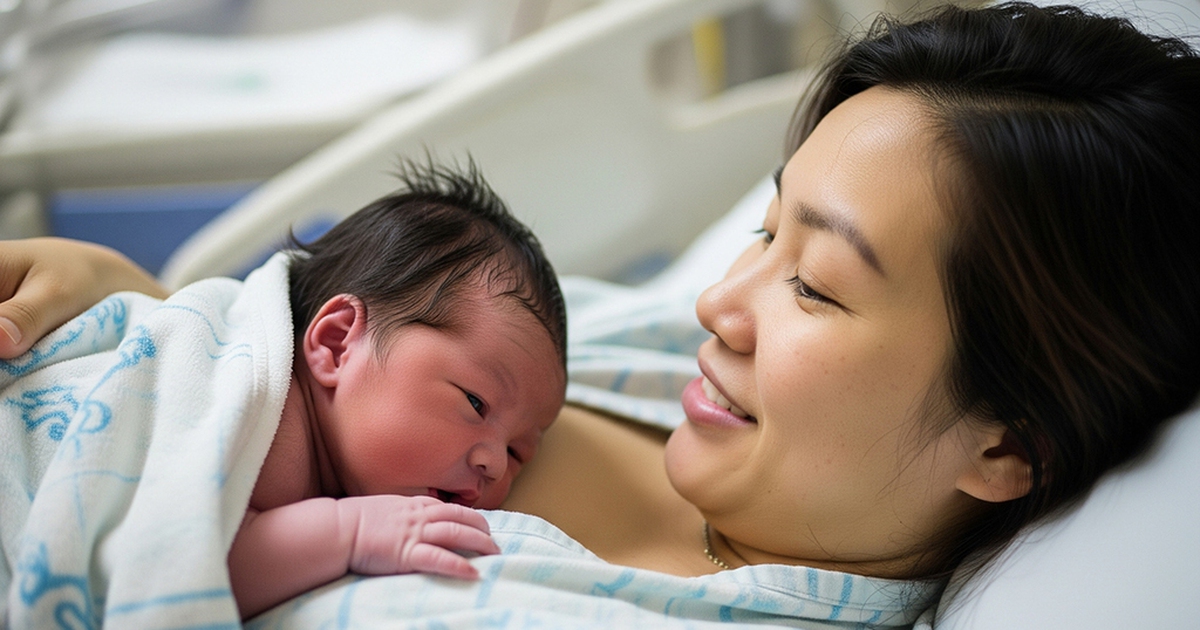
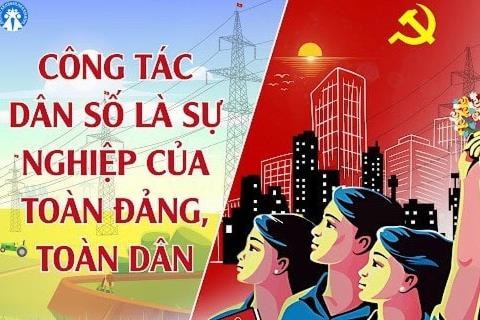

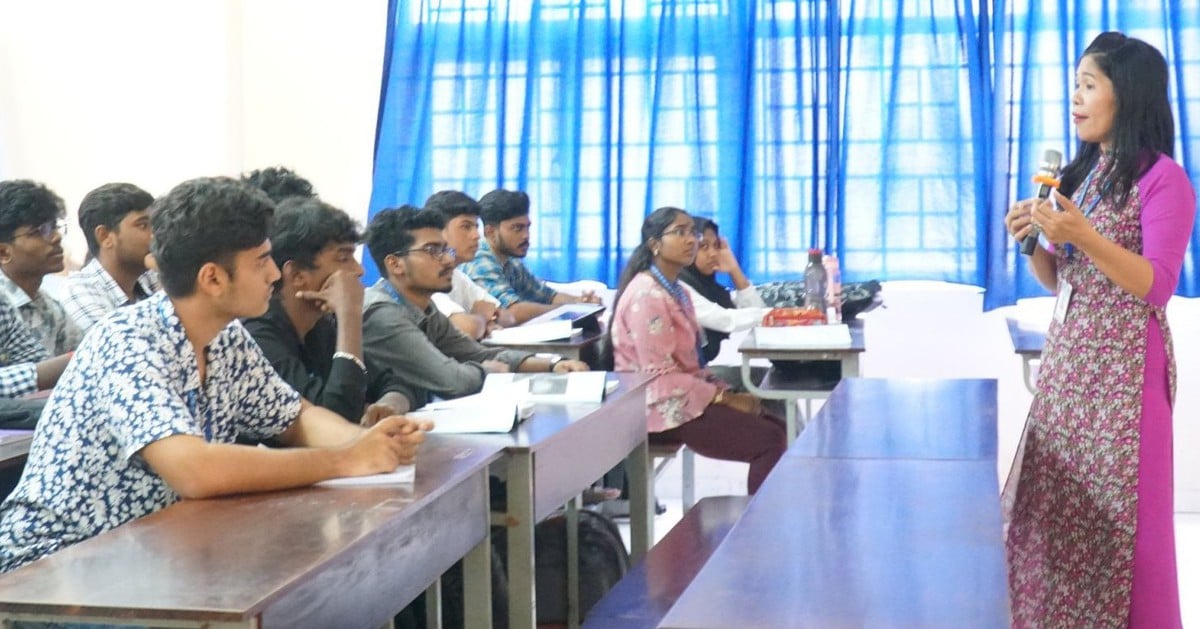

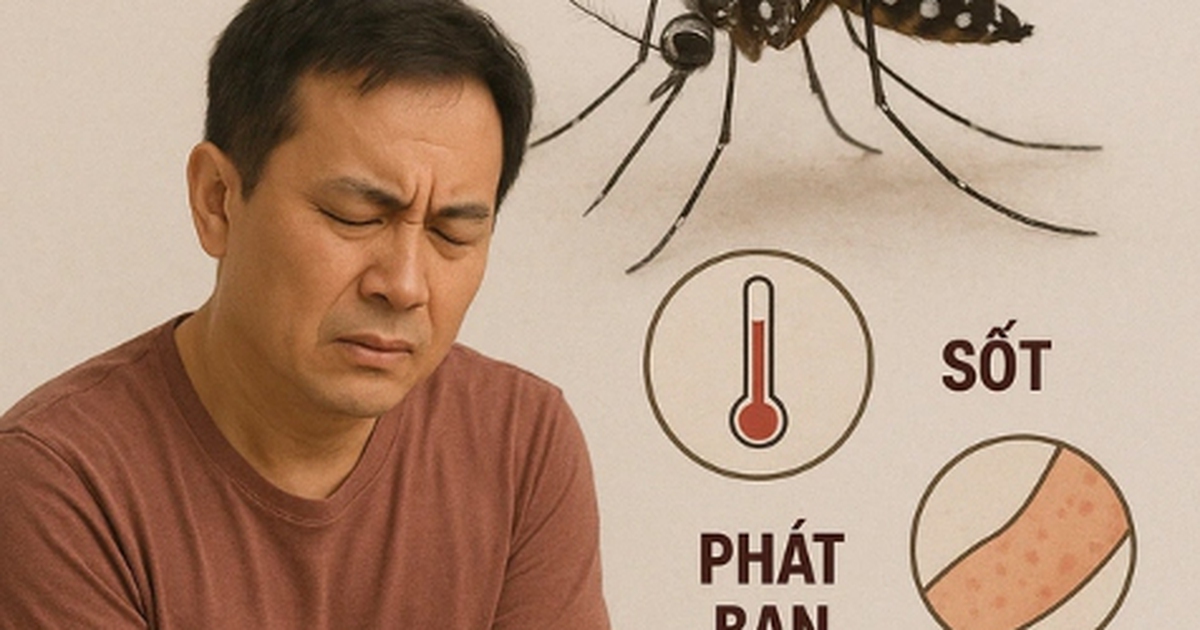
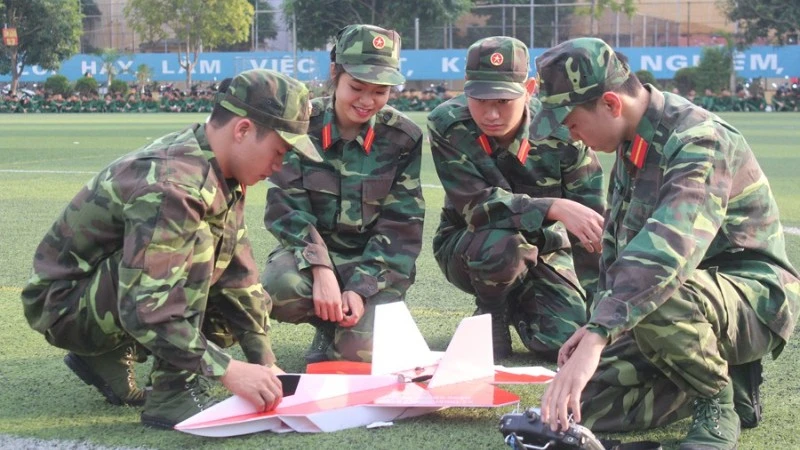

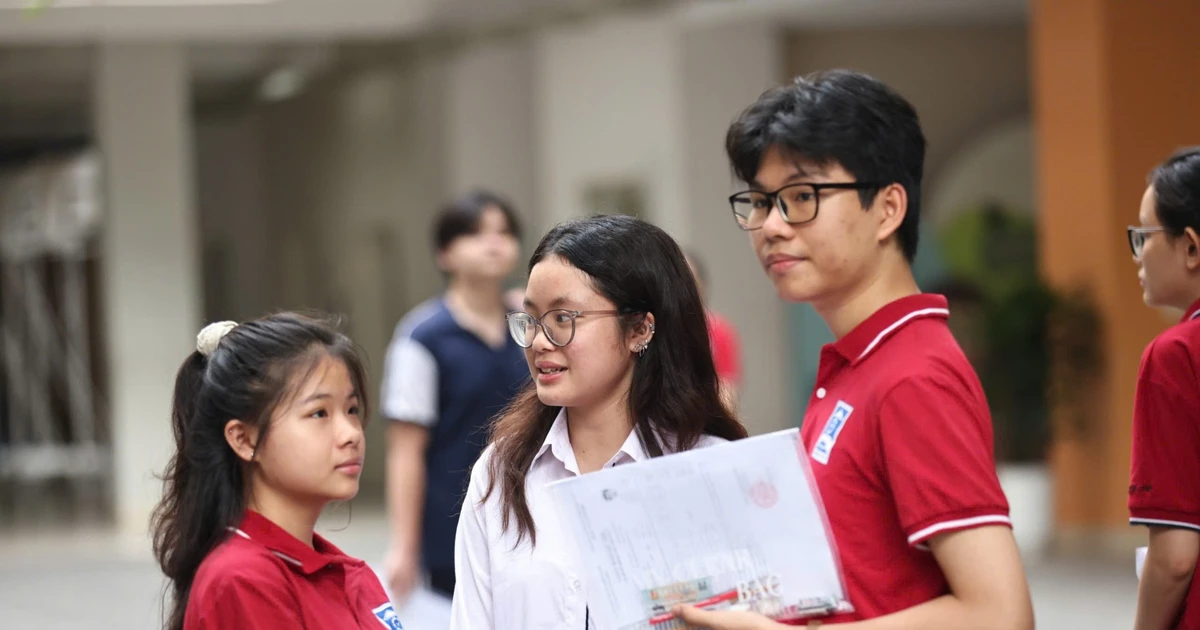
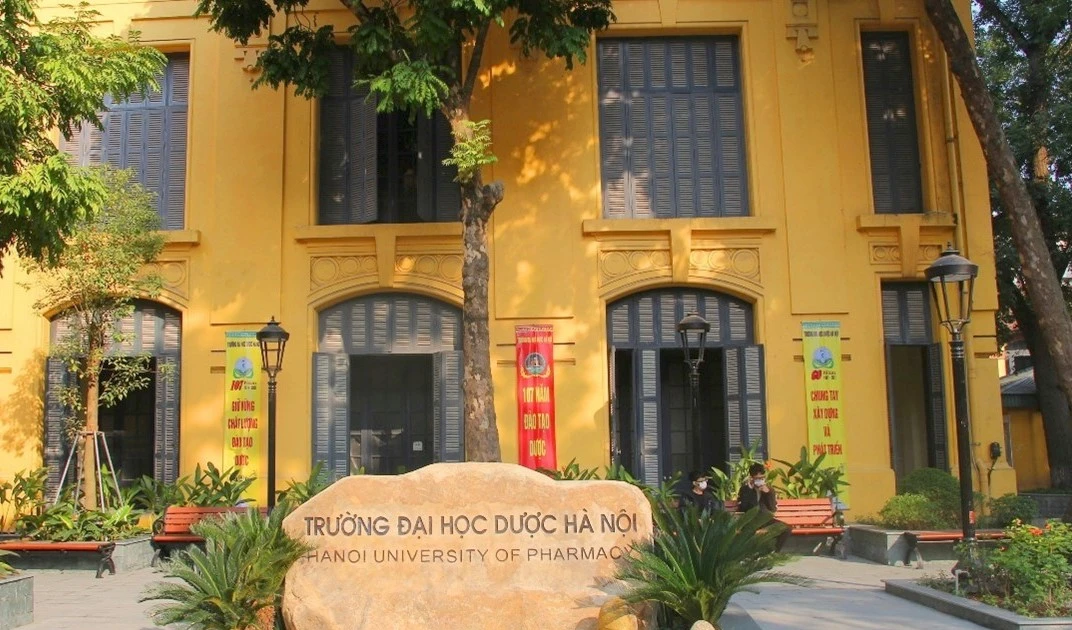
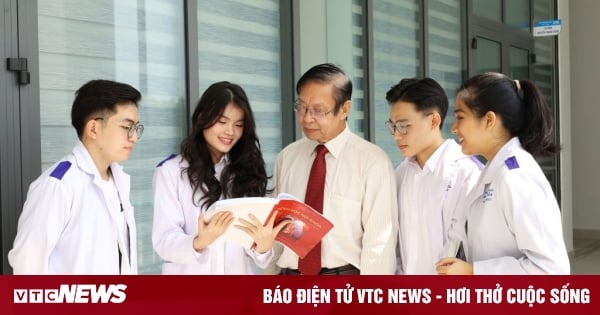

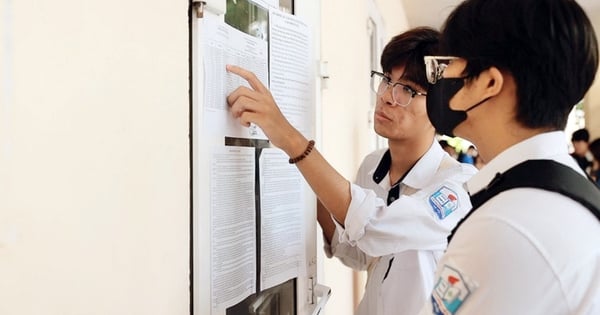

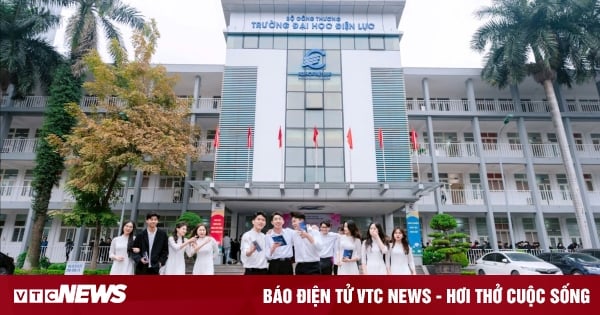























































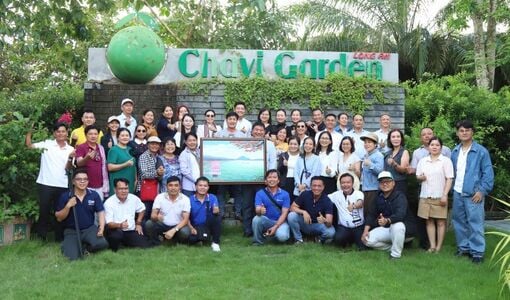



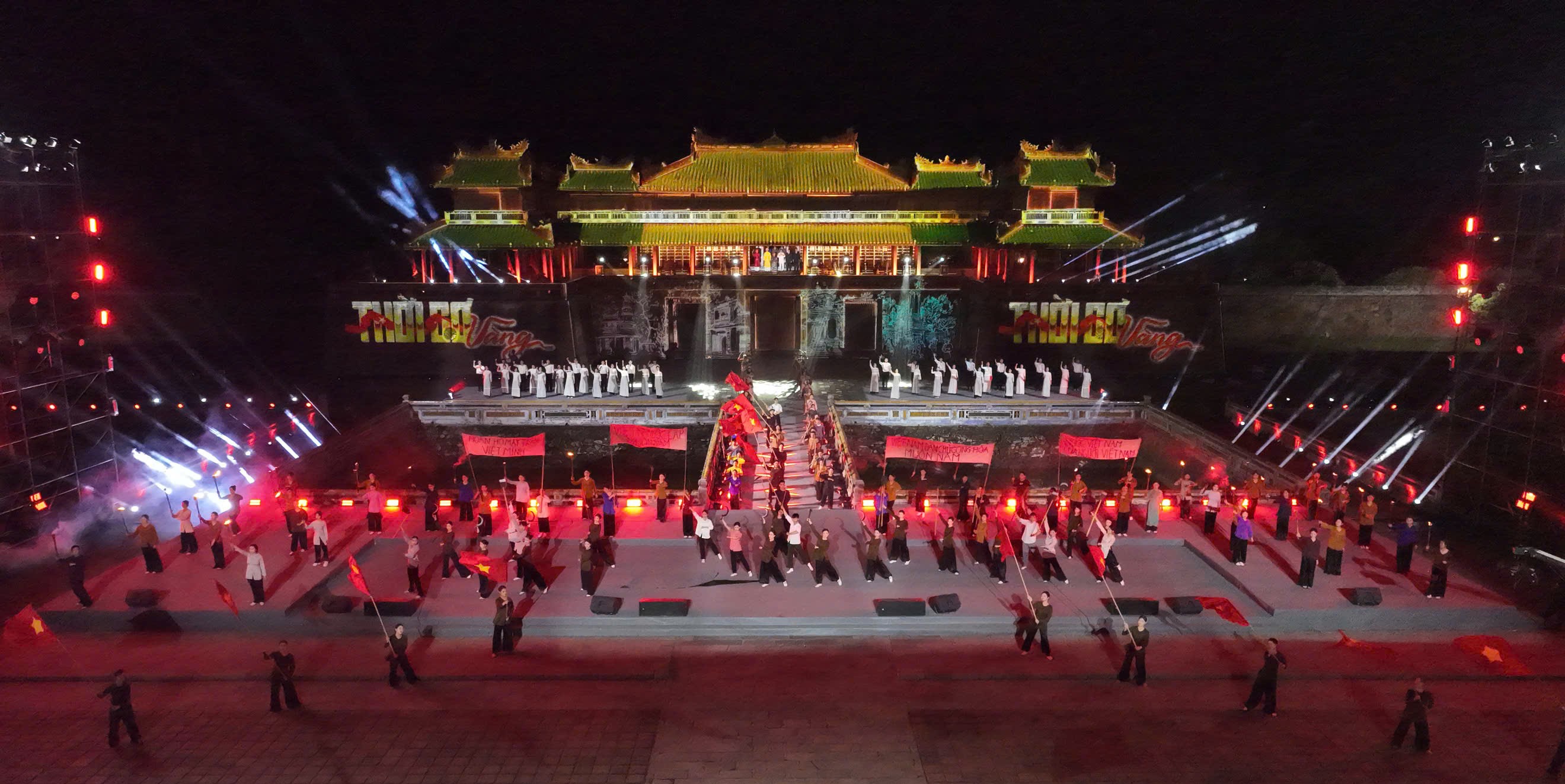

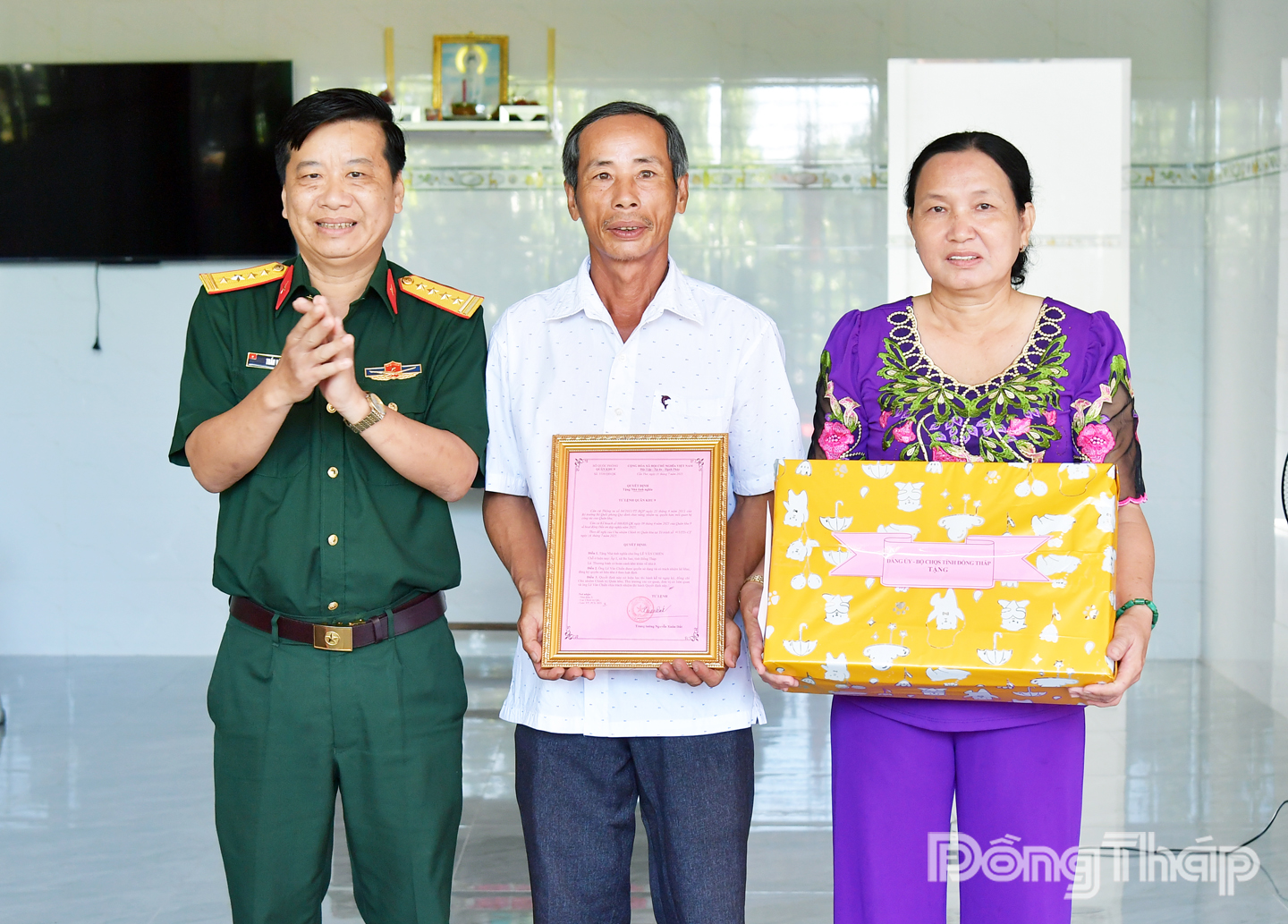

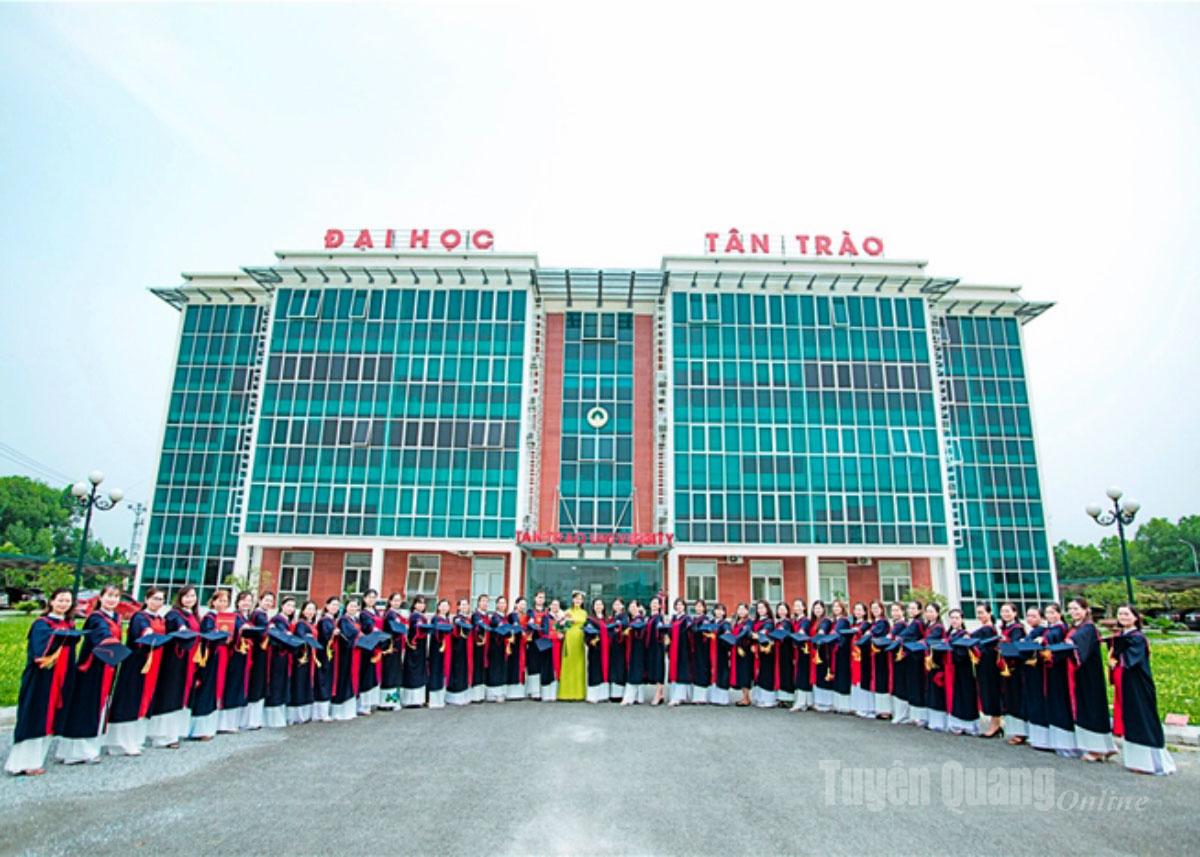















Comment (0)